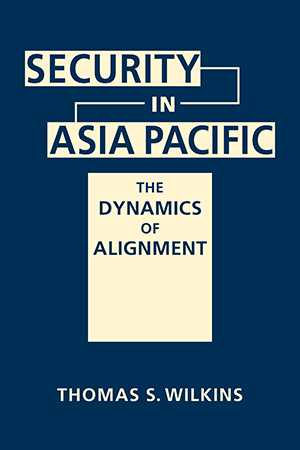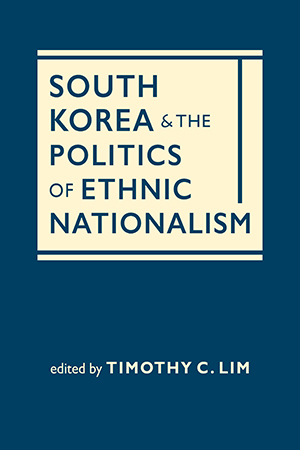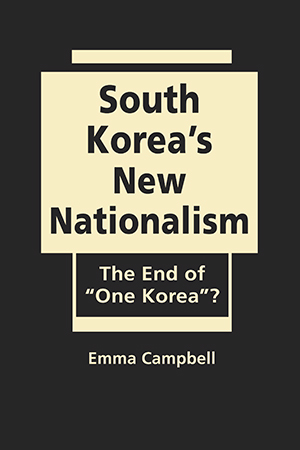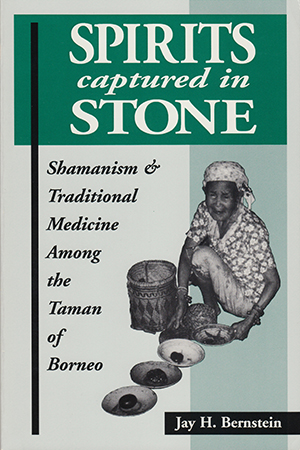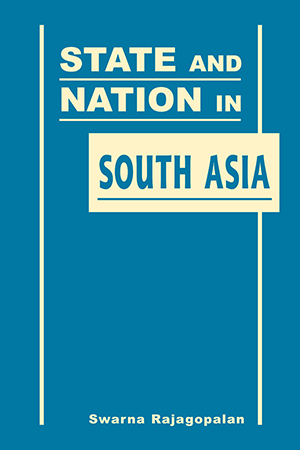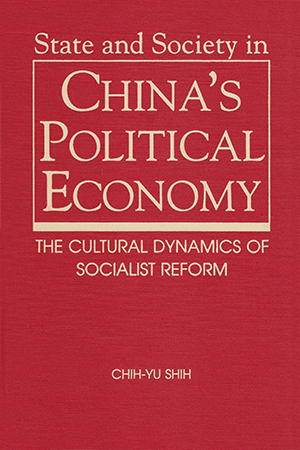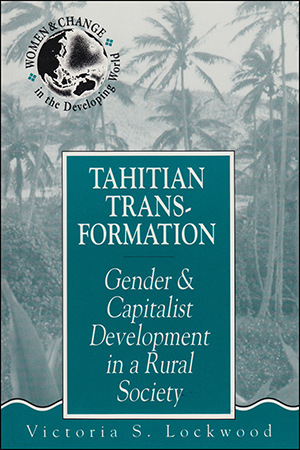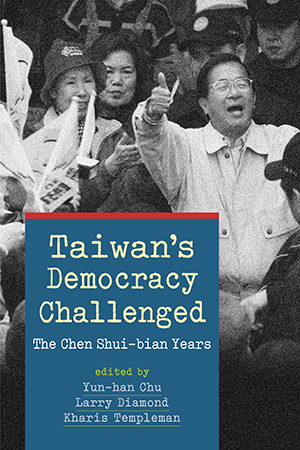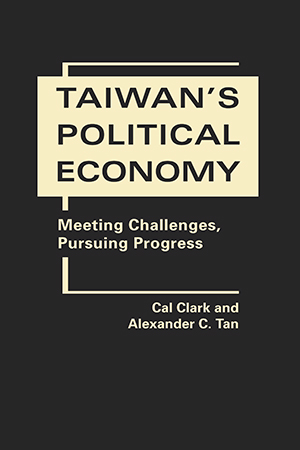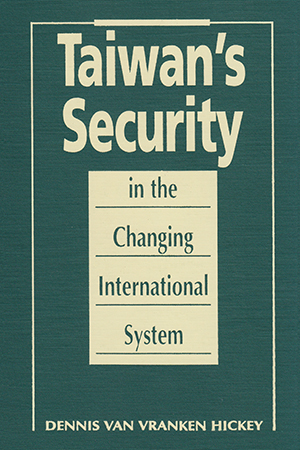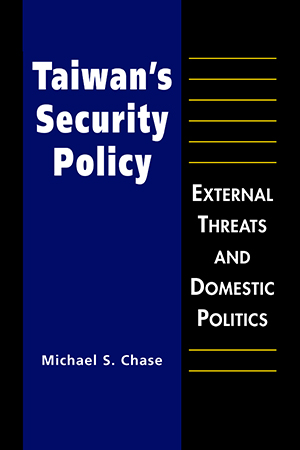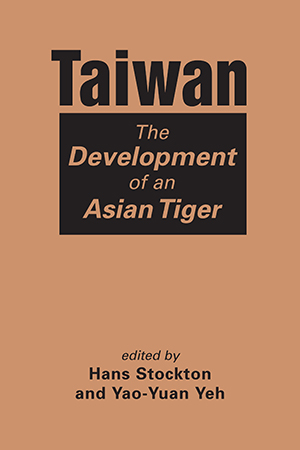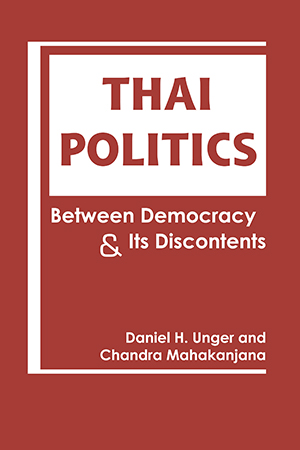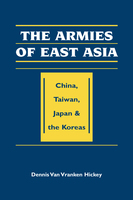Asia (all books)
The complex security dynamics of the pivotal Asia Pacific region, involving disparate and contentious power blocs, clearly have implications far beyond the region itself. Thomas Wilkins More >
At the beginning of the 1980s, Singapore’s public relied largely on a literary diet of traditional British and North American authors. By 1990, however, books by Singaporeans were More >
Though for decades South Korea was considered the quintessential homogeneous nation-state, the more recent influx of significant immigration has given rise to intensely debated questions More >
Why have traditional views of national identity in South Korea—views that for years drove a demand for reunification—been challenged so dramatically in recent years? What More >
This fascinating case study focuses on shamanism and the healing practices of the Taman, a formerly tribal society indigenous to the interior of Borneo. The Taman typically associate illness More >
What makes a national community out of a state? Addressing this fundamental question, Rajagopalan studies national integration from the perspective of three South Asian More >
As China's reforms take root, the differences between the traditional value of harmony and the socialist norm of class struggle are becoming increasingly obscured. Chinese citizens are, More >
As culturally diverse, non-Western communities are drawn into the international division of labor, capitalism takes root in a number of ways. This book describes how capitalism has become a More >
When Chen Shui-bian, Taiwan's first non-Kuomintang president, left office in 2008, his tenure was widely considered a disappointment. More recent events, however, suggest the need for a More >
Taiwan's economic and political transformation was once considered a model for developing nations, but in recent decades, the momentum has stalled. Why? Cal Clark and Alexander Tan More >
One of the most critical tasks facing Taiwan's government in the post-Cold War era is the need to reassess its security environment. In this context, Hickey discusses the island's More >
Confounding expectations, Taiwan reduced its military spending for many years even as its sole adversary, the People's Republic of China, modernized its military and significantly More >
How did Taiwan transform itself from a "least developed country" into an Asian Tiger? How did it become a successful, multiparty democracy after years of authoritarian rule? Why do More >
The prospects for Thailand's emergence as a democracy seemed strong in the 1990s. Yet, as most recently demonstrated by military coups in 2006 and 2014, that hasn't happened. Why More >
This comprehensive study provides a detailed analysis of the military buildup in the East Asian countries: China, Taiwan, Japan, and North and South Korea. Hickey assesses the capabilities, More >



